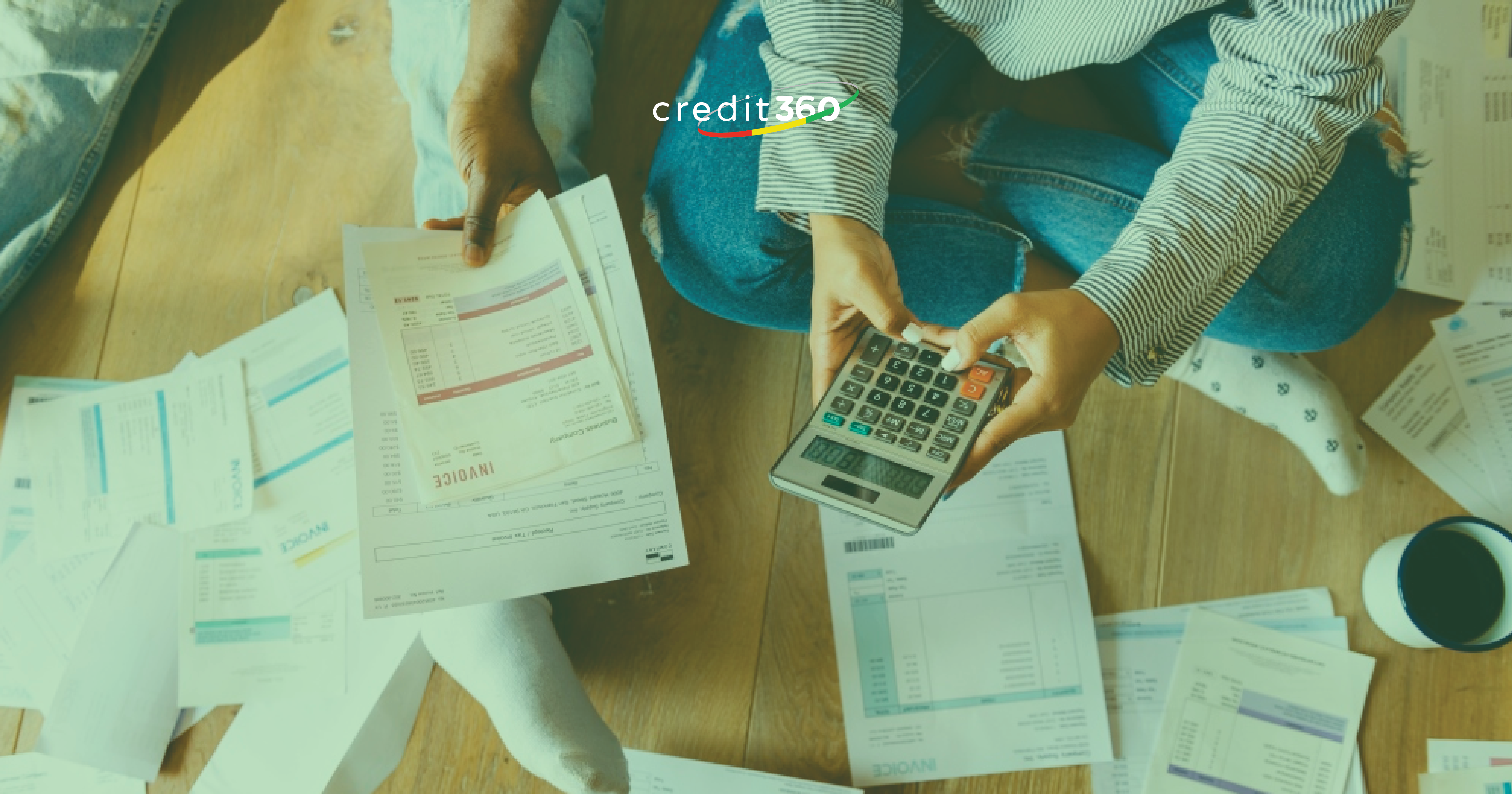
The Different Types of Debt
At Credit360, one of the first things we do when repairing credit is to evaluate the different types of debt a client owns. People instantly define debt as money owed to institutions or credit bureaus, when in reality, debt varies. It’s essential to understand the types of debt you own to ensure you’re correctly managing your debts while protecting your credit score. Here are four common types of debt that you need to know to secure your credit score.
Contents
- Types of Debt
- How Credit360 Can Help You With Debt
Types of Debt
1. Secured Debt
Secured debt is when lenders give loans if the borrower offers an asset as collateral if they do not meet the payments. Examples of assets used as collateral are vehicles and homes.
Auto loans are an example of a secured loan. Suppose you finance or lease a car. You technically agree to an auto loan because you agree to make regular payments in return for a car. If you do not fulfill your payments, the vehicle is used as collateral and seized by the lender.
2. Unsecured Debt
Unsecured debt is not insured by collateral like secured debt. Instead, unsecured debt involves lenders reviewing the borrower’s credit history to determine if they’re trustworthy and reliable before approving a loan.
Unsecured loans are risks for the lender because there’s no way to determine if the borrower will pay the loan, and there is no collateral to support any losses. Due to this uncertainty, lenders will apply a higher interest rate to the loan.
An example of unsecured debt is credit cards. Credit card providers rely on reviewing credit reports before approving a credit card. If payments are consistently missed and go unpaid, lenders will reach out to third-party collection agencies to contact the borrower to make payments.
3. Revolving Debt
Revolving credit is a type of loan where a borrower can continuously use credit up to the fixed dollar amount while making regular payments to pay the credit used. Examples of revolving credit are credit cards and lines of credit.
Before lenders approve a revolving credit and set a limit, they will evaluate the borrower’s credit score, current income, and employment history. Revolving credit is more convenient than most credit loans, but there’s a higher interest rate than traditional loans due to its flexibility. The borrower must pay the current balance owed and potential interest and account fees.
However, there’s a risk to revolving credit if the borrower does not appropriately manage it. Suppose you have a line of credit that you’re dependent on to make day-to-day purchases. Frequent use of revolving credit will increase your credit utilization (which makes up 30% of your credit score), harming your credit score. So when requesting a revolving credit, ensure to maintain the credit utilization to 30% and below. To learn more about credit utilization, check out our blog, “How to Fix Your Credit Score with Credit360”.
4. Mortgage Debt
Mortgage debt is similar to a secured debt because the property becomes the collateral. At the same time, mortgage debt is different from secured debt because there are various types like hybrid mortgages and mortgages that refinance other forms of debt. Mortgages are a type of long-term debt that takes decades to pay off. But mortgage debt is a good debt compared to auto loans and credit card debt because the property becomes a high-value asset that you own by the end of the mortgage. To learn more about mortgage loans, check out our blog. “How to Get a Mortgage with Bad Credit.”
How Credit360 Can Help With Debt
Are you asking yourself, “how do I fix my credit score with the specific debt I owe?” At Credit360 we prioritize repairing credit, and that means finding a way to fix your credit, no matter what debt you come to us with. Our team of credit repair consultants have over 20 years of experience in credit repair and will work actively to identify the debts you owe and how to fix your credit with minimum effort from you. With our expertise, we can start to improve your credit today!
Written By: Indojaa Sathiyaseelan

